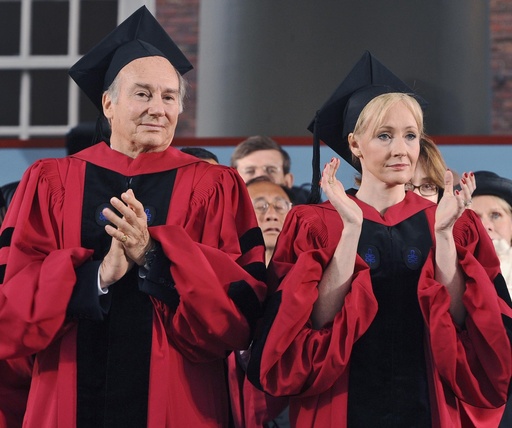PARIS — The Aga Khan, the spiritual leader for millions of Ismaili Muslims, passed away on Tuesday at the age of 88. He took on this role at the young age of 20 while studying at Harvard University and dedicated his life to philanthropic efforts, channeling the substantial wealth from tithes into creating infrastructure like homes, hospitals, and educational institutions in various developing regions.
His death was announced by both the Aga Khan Development Network and the Ismaili community. Prince Karim Al-Hussaini, known as the Aga Khan IV and the 49th hereditary imam of the Shiite Ismaili Muslims, died in Portugal, surrounded by his loved ones. Following his passing, his son Rahim was immediately named the Aga Khan V, thus becoming the 50th hereditary imam, as per his father’s wishes. The Ismaili community’s website indicated that a burial service for the late Aga Khan will take place in the coming days, accompanied by a ceremony in his honor.
Known to his followers as a direct descendant of the Prophet Muhammad, the Aga Khan was often regarded with the reverence typically afforded to heads of state. He was still a student when his grandfather appointed him as his successor, intentionally bypassing his father in favor of a younger figure better suited to lead in a modern context.
Over the years, he transitioned into a prominent business figure and philanthropist, adeptly balancing his spiritual duties with worldly matters. Vigils and memorial services were organized in Ismaili communities worldwide as they mourned his loss. United Nations Secretary-General António Guterres praised him as “a symbol of peace, tolerance and compassion,” while Canadian Prime Minister Justin Trudeau reflected on their friendship and his extraordinary compassion as a global leader.
Widespread condolences emerged from various charities he supported and across the equestrian community, highlighting his influence in those spheres. The title of “His Highness” was conferred upon him by Queen Elizabeth in July 1957, shortly after he was suddenly named heir to a lengthy lineage, marking the beginning of his influential role in the Ismaili Muslim community.
His formal accession as the Aga Khan IV took place on July 11, 1957, in Geneva, followed later that year by an official installation ceremony in Dar es Salaam, Tanzania, at a location of historical significance to his family. The Aga Khan had temporarily left Harvard to support his ailing grandfather, later returning to his studies with a profound sense of responsibility regarding his future role.
“I was an undergraduate who knew what his work for the rest of his life was going to be,” he reflected in a 2012 interview, acknowledging the unique demands placed upon him at a young age. His advocacy for Islamic culture and values allowed him to act as a bridge between Muslim societies and the West, notably steering clear of any political entanglements.
The Aga Khan Development Network, his primary philanthropic enterprise, focuses on critical issues like health care, housing, and education, with estimated operations in over 30 countries and an annual budget nearing $1 billion dedicated to nonprofit initiatives. He established a network of hospitals in underserved areas that included nations like Bangladesh and Afghanistan, investing tens of millions into fostering local economies.
While the full extent of his financial empire remains difficult to quantify, some reports suggest his personal wealth could reach into the billions. The Ismaili community, with roots in countries like Iran, Syria, and South Asia, also formed a presence across East Africa, Central Asia, and beyond, following a commitment to contribute up to 12.5% of their income as a religious duty to the Aga Khan.
“We have no notion of the accumulation of wealth being evil,” he noted in the same interview, emphasizing the Islamic principle of social responsibility for those who enjoy societal privileges.
Born on December 13, 1936, in Creux-de-Genthod, near Geneva, to Joan Yarde-Buller and Aly Khan, he spent part of his childhood in Nairobi, Kenya—where a hospital now bears his name. Renowned as a horse breeder and as a competitor in the 1964 Winter Olympics, he also promoted architecture by establishing awards and programs in Islamic architecture at leading institutions like MIT and Harvard. Throughout his life, he dedicated efforts to restore historic Islamic sites globally.
Residing primarily in France and more recently in Portugal, the Aga Khan’s development network and foundations were predominantly based in Switzerland. He is survived by his three sons, a daughter, and several grandchildren.



